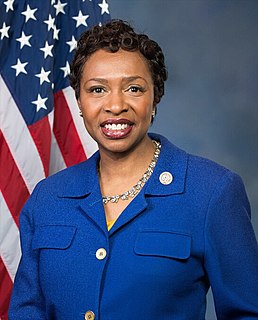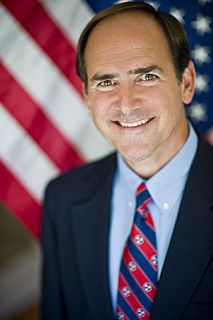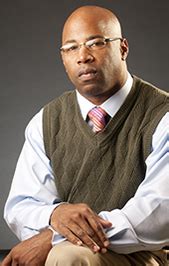A Quote by Manning Marable
[Malcolm X] shared with Marcus Garvey a commitment to building strong black institutions. He shared with Dr. Martin Luther King, Jr., a commitment to peace and the freedom of racialized minorities.
Related Quotes
We like to think of the '60s as Martin Luther King, Jr. and Malcolm X and a little bit of friction - no, there were all of these different groups. There was the Student Nonviolent Coordinating Committee (SNCC), the Black Panthers, Martin and Malcolm, but also the Whitney Youngs of the world, the Bayard Rustins of the world.
There never has been a desire on the part of the government that the struggle of Black people in America should be linked to the struggle of our people in every part of the earth. Every leader that was international in scope and in reach became the target of the government - Paul Robeson, Marcus Garvey, W.E.B. DuBois, Martin Luther King Jr., Malcolm X, Kwame Ture and the Honorable Elijah Muhammad. Any Black leader who would try to connect us to our brothers and sisters in Africa and Asia were seen as a threat and became a target.
My view is there will be problems and bad people as long as the earth exists, and since we're moving into a completely interdependent global environment, we're better off building a world we'd like to live in when the United States are not the only military superpower. That is, we need to build a world of shared responsibility, shared benefits, and shared commitment to our common humanity.
I remember back in the 1960s - late '50s, really - reading a comic book called 'Martin Luther King Jr. and the Montgomery Story.' Fourteen pages. It sold for 10 cents. And this little book inspired me to attend non-violence workshops, to study about Gandhi, about Thoreau, to study Martin Luther King, Jr., to study civil disobedience.




































